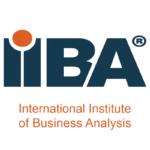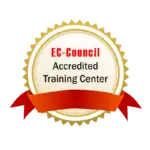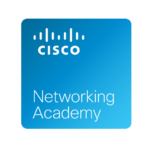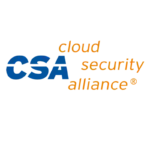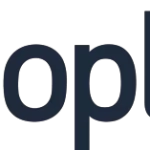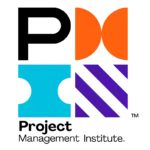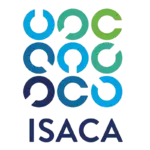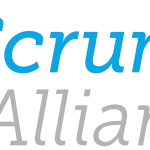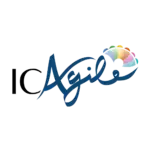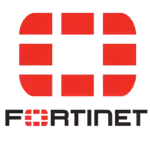In today’s rapidly evolving digital landscape, organizations are increasingly adopting DevSecOps frameworks to enhance the security, speed, and reliability of their software development processes. DevSecOps combines development, security, and operations, integrating security practices throughout the software development lifecycle. This article explores the key aspects of DevSecOps frameworks, their commonalities, benefits, considerations, and best practices for successful implementation. Whether you’re familiar with DevSecOps or just beginning to explore its potential, understanding these important factors will help you make informed decisions for your organization’s cybersecurity needs.
What are DevSecOps Frameworks?
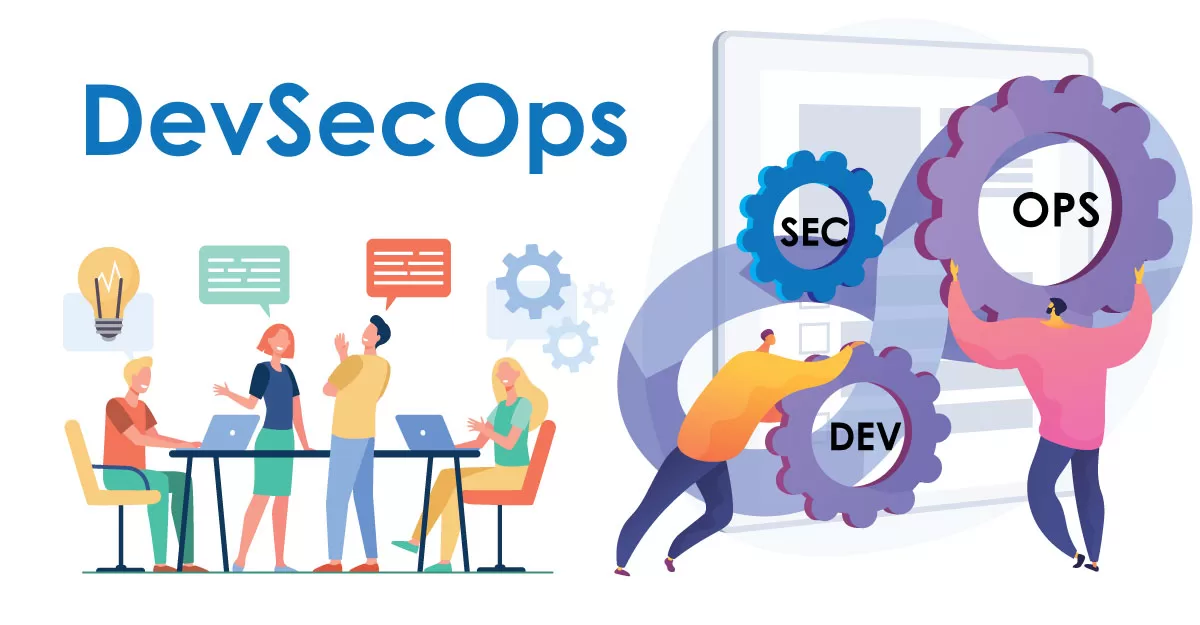
DevSecOps frameworks provide a systematic approach to incorporating security into the software development and deployment processes. They emphasize collaboration and communication between developers, security teams, and operations staff throughout the entire development lifecycle. These frameworks aim to shift security left, enabling early identification and resolution of vulnerabilities, reducing the risk of security breaches, and accelerating the delivery of secure and reliable software.
clslearn offers you the best courses in the course of DevOps Engineer
Popular DevSecOps Frameworks:
Several DevSecOps frameworks have gained popularity in the industry. Some prominent examples include OWASP SAMM (Software Assurance Maturity Model), DevSecOps Maturity Model, and Microsoft’s SDL (Security Development Lifecycle). Each framework offers a structured approach to implementing security practices, establishing guidelines, and promoting a security-focused mindset within development teams.
What Do These Frameworks Have in Common?
Although DevSecOps frameworks may differ in their specific approaches, they share common principles and objectives. These include:
Automation: DevSecOps frameworks emphasize automating security processes and integrating security tooling into the development pipeline. This enables continuous monitoring, vulnerability scanning, and automated testing to ensure early detection and remediation of security issues.
Collaboration: Effective communication and collaboration between development, security, and operations teams are crucial in DevSecOps. Frameworks encourage cross-functional collaboration, fostering shared responsibility and accountability for security throughout the software development lifecycle.
Shift-Left Approach: DevSecOps frameworks promote a shift-left mentality, integrating security practices early in the development process. By addressing security concerns at the earliest stages, organizations can identify and resolve vulnerabilities before they become costly and time-consuming to fix.
Benefits of Using DevSecOps Frameworks:
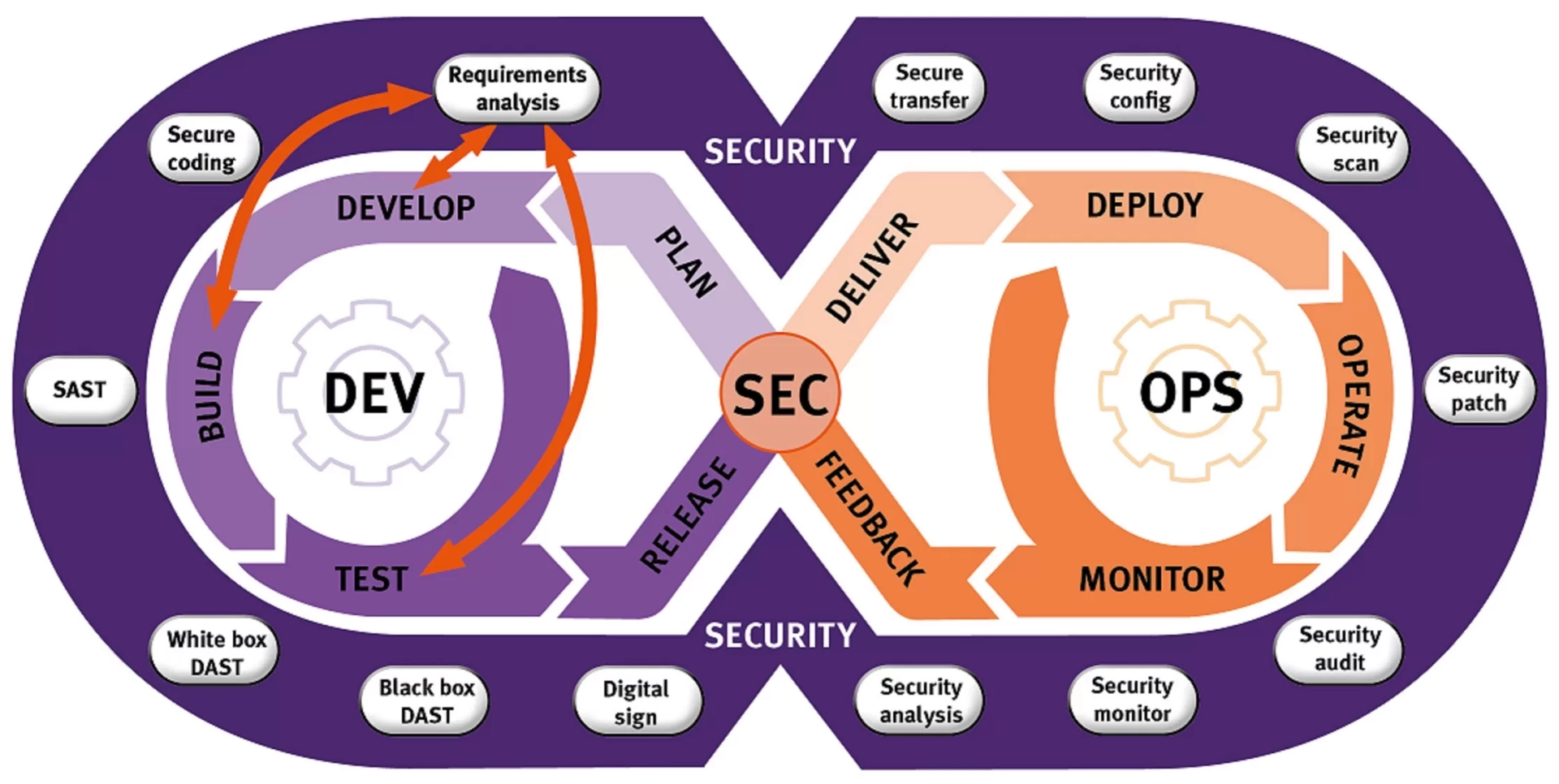
Implementing a DevSecOps framework offers numerous benefits for organizations:
Enhanced Security: By integrating security practices throughout the development lifecycle, DevSecOps frameworks help identify and mitigate vulnerabilities early, reducing the risk of security breaches and data leaks.
Improved Collaboration: DevSecOps fosters collaboration and communication between teams, breaking down silos and promoting a shared understanding of security requirements and objectives.
Accelerated Time-to-Market: Automation and early vulnerability identification enable faster software delivery without compromising security. DevSecOps frameworks streamline processes, reducing time spent on manual security checks and enabling faster response to security threats.
get to know about: FULL STACK VS DEVOPS WHICH ONE TO CHOOSE?
Choosing the Right DevSecOps Framework for Your Organization:
Selecting the most suitable DevSecOps framework for your organization requires careful consideration. Factors to evaluate include your organization’s size, industry, compliance requirements, existing processes, and level of security maturity. It is essential to assess the framework’s compatibility with your current technology stack, the support and resources available, and the framework’s alignment with your long-term security goals.
Implementing DevSecOps Framework: Best Practices:
Successful implementation of a DevSecOps framework requires adherence to best practices:
Cultural Transformation: Foster a security-focused culture by providing training, promoting collaboration, and emphasizing the importance of security throughout the organization.
Continuous Learning: Encourage ongoing learning and skill development for developers and security teams to stay updated with emerging threats, technologies, and best practices.
Automation and Integration: Leverage automation tools and integrate security testing and monitoring into the development pipeline to ensure consistent security practices.
Challenges and Considerations in Adopting DevSecOps Framework:
Implementing DevSecOps frameworks can present challenges, including resistance to change, establishing clear roles and responsibilities, integrating security seamlessly without hindering development speed, and ensuring adequate resources and expertise. It is crucial to address these challenges proactively and continuously refine the implementation process.
Examples of popular DevSecOps frameworks:
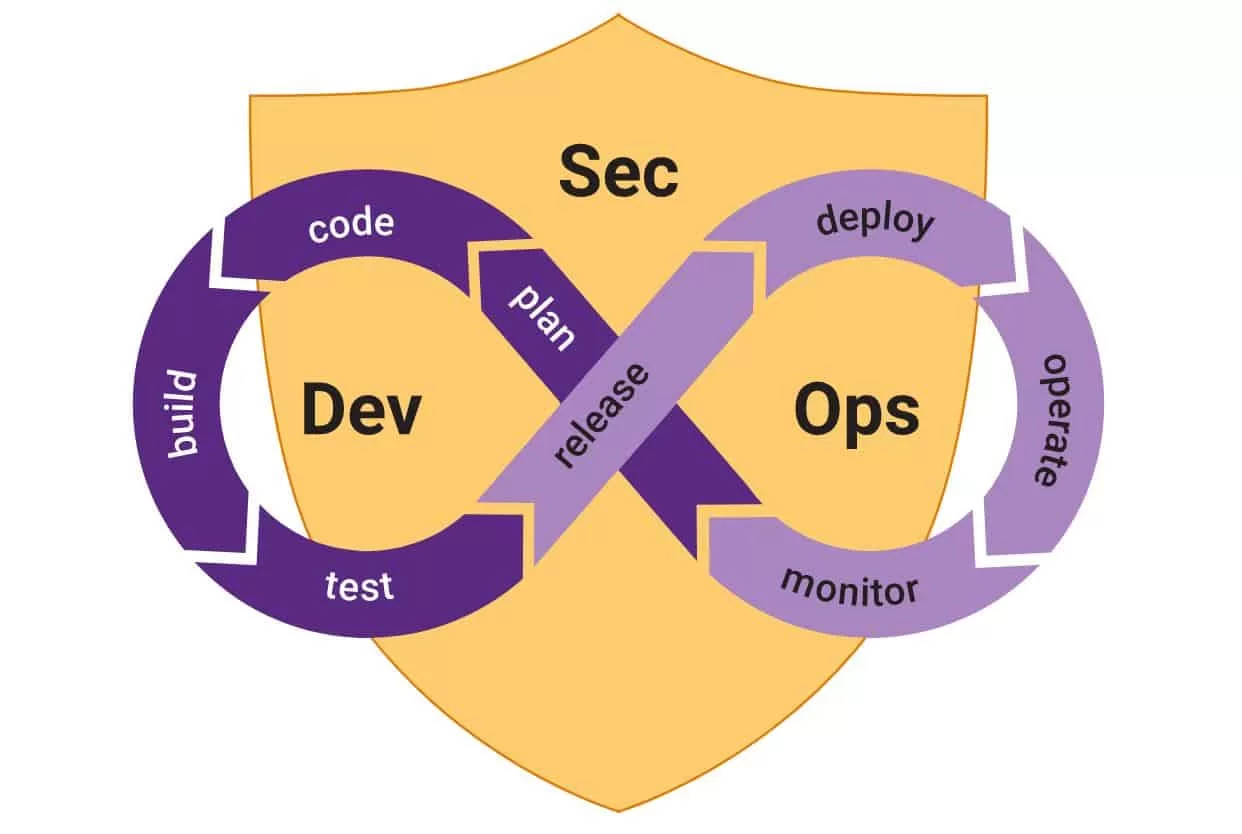
Chef Automate: Chef Automate is a DevSecOps framework that provides tools for infrastructure automation and continuous compliance. It allows organizations to define and enforce security policies as code, ensuring consistent security configurations across the infrastructure and automating compliance checks.
Kubernetes Security Context: While not a comprehensive framework, Kubernetes Security Context is a set of features and configurations within the Kubernetes container orchestration platform that enables organizations to implement security controls at the container level. It allows for fine-grained control over privilege levels, access permissions, and resource isolation.
OpenSCAP: OpenSCAP (Security Content Automation Protocol) is an open-source framework that provides a standardized approach to vulnerability management and compliance checking. It allows organizations to scan systems against predefined security benchmarks, generate reports, and automate security checks across a wide range of platforms.
SonarQube: SonarQube is a popular code quality and security analysis platform that can be integrated into the DevSecOps pipeline. It performs static code analysis, identifies security vulnerabilities, and provides detailed reports and metrics to help teams address code quality and security issues early in the development process.
Twistlock: Twistlock is a container security platform that focuses on securing containerized applications and environments. It provides vulnerability management, runtime protection, compliance monitoring, and threat intelligence to ensure the security of containerized applications in DevSecOps workflows.
TruffleHog: TruffleHog is an open-source security scanning tool designed specifically for searching secrets and sensitive information in source code repositories. It scans the codebase for high-entropy strings that could potentially be credentials or sensitive data, helping organizations identify and remove unintentional exposures.
These frameworks offer specialized tools and capabilities to address specific aspects of security in the DevSecOps process. Organizations can evaluate these frameworks based on their specific needs, technology stack, and security requirements to choose the most suitable options for their DevSecOps implementations.
Conclusion:
DevSecOps frameworks provide a holistic approach to software development, integrating security practices throughout the entire process. By considering the important factors outlined in this article, such as framework selection, commonalities, benefits, and implementation best practices, organizations can enhance their security posture, accelerate software delivery, and foster a culture of collaboration and shared responsibility. Embracing DevSecOps frameworks and adapting them to specific organizational needs will contribute to building secure, reliable, and resilient software systems in today’s evolving threat landscape.










